Meet JJ Morris, the driving force behind Fuel the Fires, an initiative dedicated to fostering preparedness and community resilience. JJ’s journey into the realm of emergency response began with a simple yet profound realization: “I never thought it would happen to me…” As a seasoned professional in Search and Rescue (SAR), JJ witnessed countless individuals facing unforeseen crises, unprepared and overwhelmed. This ignited a passion to equip others with the skills and knowledge to not only survive but thrive in the face of adversity.
Fuel The Fires
Fuel the Fires was born from JJ’s vision of a united community, where individuals are empowered through shared experiences and collective strength. “Considering the state of the world, there is no place for a cowboy mindset. We need each other!” JJ emphasizes. Over the years, this vision has evolved into a dynamic co-op of like-minded individuals committed to a code of life rooted in humility, ethics, and mutual support.
JJ’s SAR background profoundly shapes the training at Fuel the Fires. He brings real-world experience to the table, emphasizing the importance of understanding survival priorities and training for real-world scenarios. One particularly memorable incident from JJ’s SAR career involves a 40,000-acre fire that tested his team’s resourcefulness and resilience. This event underscored the necessity of preparedness and adaptability, principles that are now cornerstones of Fuel the Fires’ curriculum.
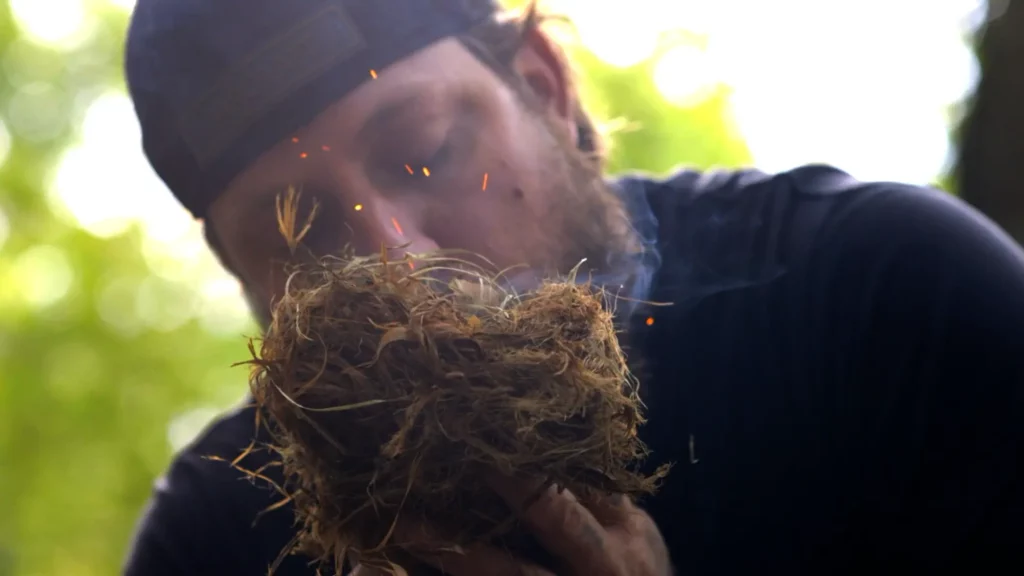
Preparedness, as JJ defines it, is more than just having the right gear. It’s about cultivating a mindset and lifestyle geared toward readiness for the unknown. “Having all the gear in the world is useless unless you know how to use it and you can defend and hold it,” he asserts. This philosophy drives the comprehensive training programs at Fuel the Fires, which focus on building practical skills and fostering a community-centric approach to survival.
Building Fuel the Fires was not without its challenges. JJ identifies his own journey of growth and the importance of surrounding oneself with passionate, capable individuals as key to overcoming obstacles. His leadership style, rooted in servant leadership and continuous learning, has been instrumental in guiding the organization. JJ’s journey and vision for Fuel the Fires set the stage for a deeper exploration into the intricacies of his mission and the wisdom he has gleaned from years of experience.
Learn more about all the good folks involved with Fuel the Fires at FuelTheFires.com. You can keep up with their latest endeavors at:
- Facebook: @fuelthefires
- Instagram: @fuel_the_fires
- YouTube: @fuelthefires
- TikTok: @fuelthefires
JJ Morris Highlights
- SAR-1 with FEMA, DHS, and NASAR
- Proficient as a rope tech, EMT, and man-tracking specialist
- 14-year career on a paramilitary, special operations team
- Served as Alpha Squad Leader and Training Officer
- Nearly 20 years of teaching experience with various organizations and groups
- Instructed members of the military, law enforcement, first responders, and civilians of all ages and experience levels
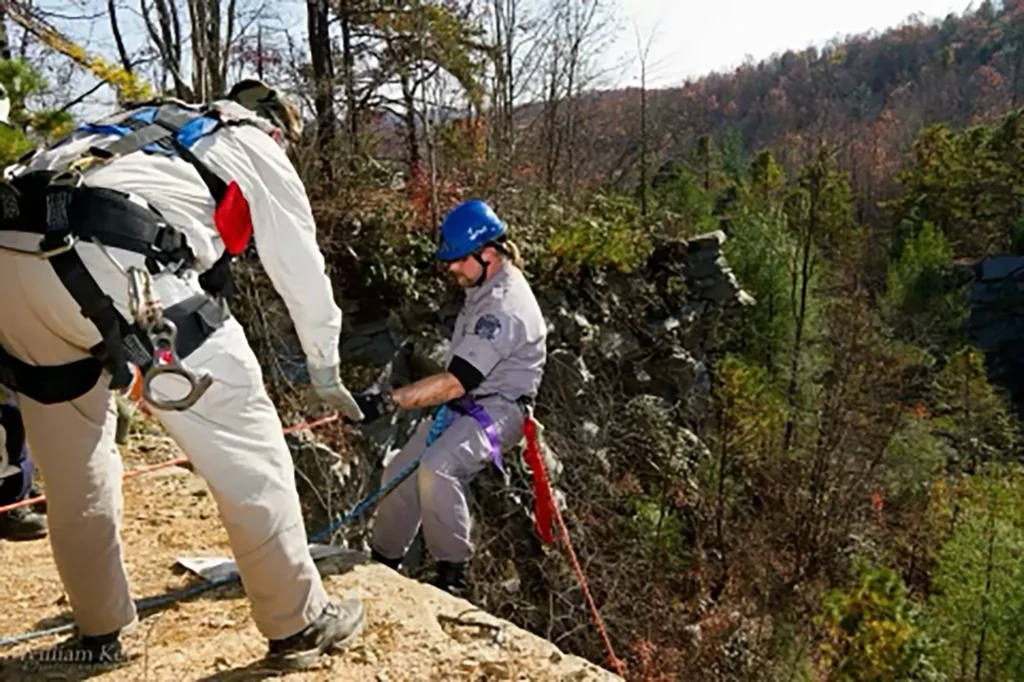
With a robust background like this, JJ has a lot of survival wisdom and experience to share. As such, we were eager to dig a little further and learn more about the man behind Fuel the Fires!
Interview With JJ Morris
Vargöld: What personal or professional experience inspired you to establish Fuel the Fires?
JJ Morris: The number one thing I heard in the field was, “I never thought it would happen to me…” Emergency waits for no man! Seeing people lose everything changes your perspective in life. It shows what is truly important. The majority of the people I saved could have self rescued if they had been prepared and had the training. This conviction is what fuels the fire to help as many as we can…
What was your original vision for Fuel the Fires, and how has it evolved over time?
My vision for FUEL the FIRES was to create a living community of highly unique individuals on a journey together. Considering the state of the world, there is no place for a cowboy mindset. We need each other! It’s in our DNA. The time to band together is now. There certainly is power in numbers… I didn’t just want numbers though.
I wanted to band as many like-minded individuals with a code for life as I could. I wanted to unite those with the same morals, standards and ethics. I needed people who understood the vision and were truly humble and judgment free. I was blessed to find a core group of four to start the mission together. After three years, we now have thirty and our co-op is blazing a path worthy of following!
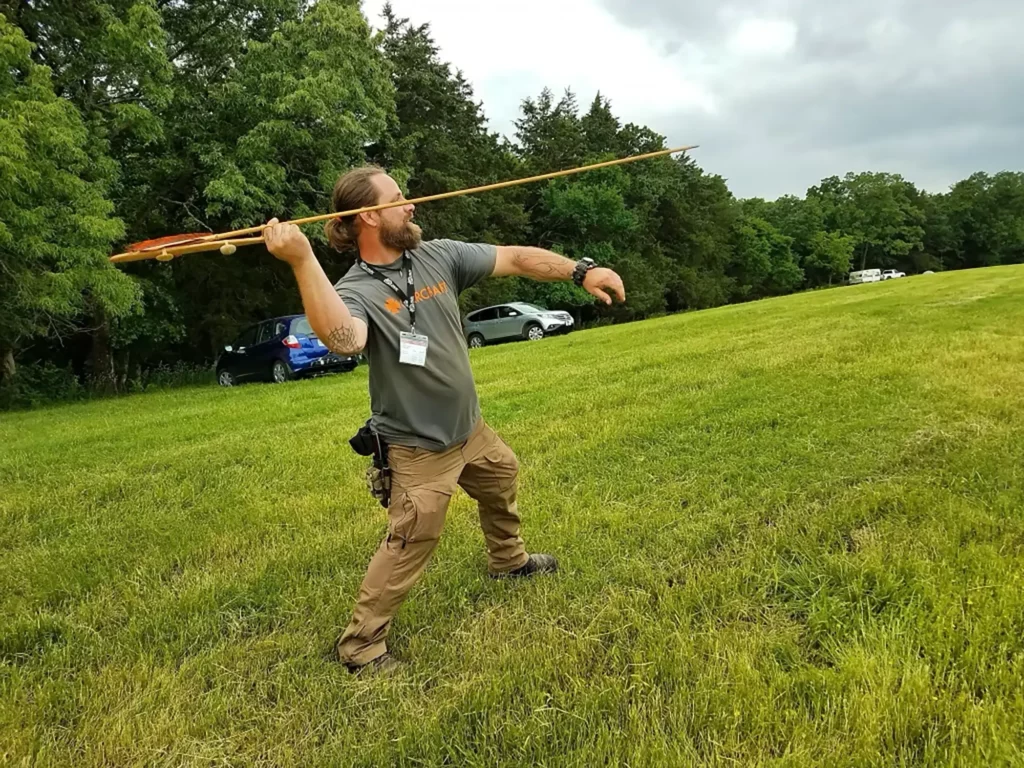
How does your personal background in Search and Rescue (SAR) shape the courses and teaching methods at Fuel the Fires?
My personal background in SAR definitely shapes my teaching methods and courses. People need training in real world emergencies. They need to understand what their real survival priorities are. In a world of misinformation and disinformation, it’s hard to know who and what to trust. First Responders plan for the worst and hope for the best. Everything we do is concise and based on statistics. We train, train and train. Experience here is key. People need real world training for real world scenarios.
Can you share a memorable story from your SAR career that significantly impacts how you teach today?
I was in a training exercise in North Carolina in 2008 when suddenly the pager went off. A real world emergency was taking place- a 40,000 acre fire that spread over 5 states was underway. This was an event the likes of which the southeast had never seen before. As I traveled with my partner to the first staging area, smoke filled the air making it difficult to see as we traversed the roads.
Our pace was growing slower by the minute. The road signs and road were becoming obscured from our vision. Soon smoke began to creep into the vehicle. Obviously the windows were up. We made sure the air conditioning controls were set to recirculate. The smoke gave no mind. Action was needed immediately. The fresh air systems we needed were waiting for us at the staging area.
We were limited to what we had in the vehicle with us. As my mind raced, I remembered a technique I had learned from a member of the SAS. I dove into the backseat and grabbed our standard issue shemaghs and my canteen set. I folded the squares of cotton into a triangle after filling my nesting canteen cup with water.
I doused the shemaghs with water knowing the combination of the shemaghs and water would create an improvised smoke filter as we donned them like bandits. That technique alone afforded us the precious time we needed to get to our destination. We had been briefed that the proper equipment was waiting for us at the mobile command center. It was not..
We had to continue wetting our improvised smoke masks for three days as a result of a lack of necessary gear for an emergency of this magnitude. The immediate lesson was, “Be prepared…”
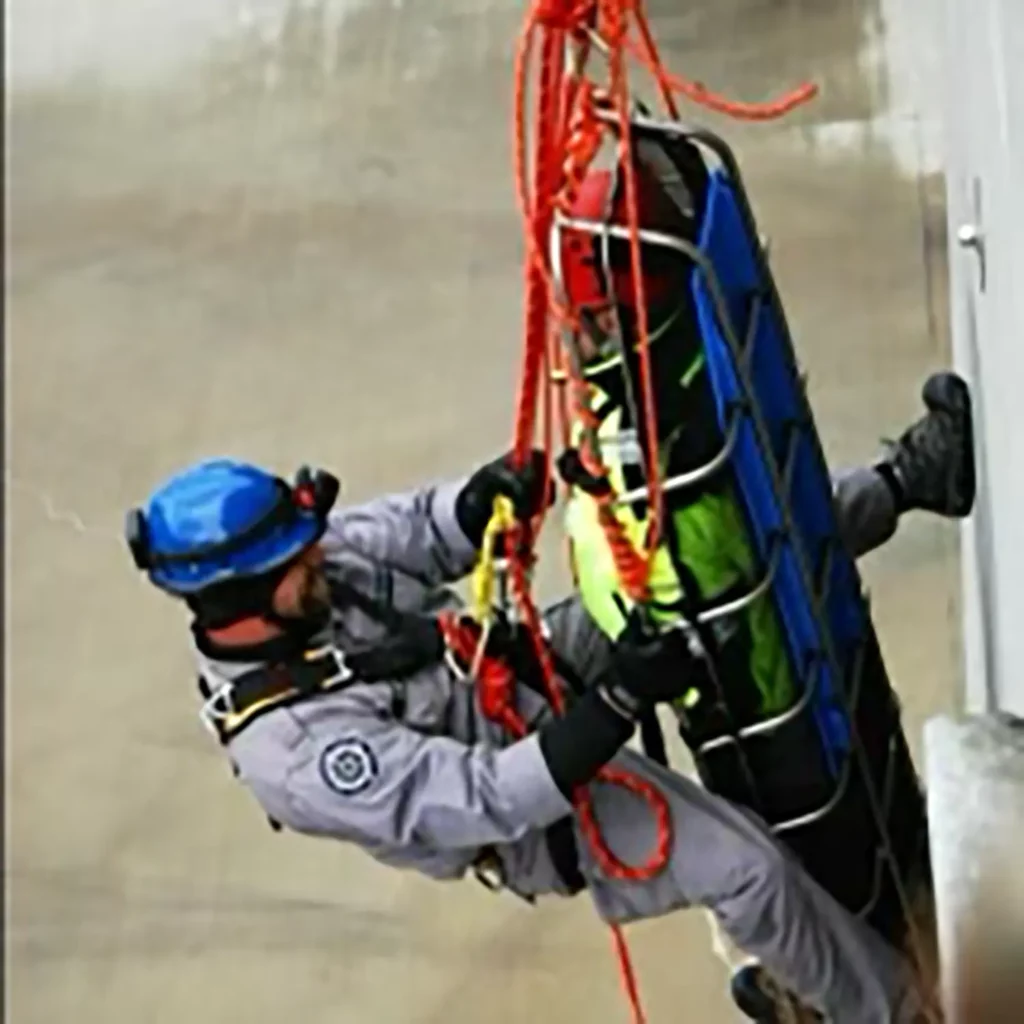
How do you define ‘preparedness’, and why is it critical for your students to embrace this concept?
I define ‘preparedness’ as a state of readiness for what I call the “x” factor- the unknown. People equate this to gear when in fact, they need to apply it to their will to survive, their experience, skill sets and knowledge before the gear. Having all the gear in the world is useless unless you know how to use it and you can defend and hold it.
Understanding your survival priorities and the principles behind them (Positive Mental Attitude, Defense, 1st Aid, Shelter, Water, Fire, Food, Signaling, Hygiene and Rest) is truly being prepared. This allows you to focus on controlling what you can with what you have available. It changes your mindset and subsequently changes your life. Being prepared is a mindset and a lifestyle. It’s a conscious exercise in common sense. It’s critical because it could be the difference in life or death..
What were some significant obstacles you faced while building Fuel the Fires, and how did you overcome them?
The most significant obstacle I have faced while building FUEL the FIRES is myself. I had a dream but I didn’t know how to get there. Leaving my ego at the door and surrounding myself with people smarter than me has been the answer. When others see your passion and commitment to the mission, I find they will step up to help you. We are all on a journey together and that’s just it. The destination IS the journey- together.
How do you decide which courses to offer, and what process do you use to develop your curriculum?
The courses I decide to offer are all based on self-reliance and building community. The process I use is to put everything on the table, push it off and start over. I pride myself and the group for thinking ‘outside the box.’ We live in a consumer based society and more times than not, the focus on the classes available out there is based on that.
The majority of the time the focus is also based on the individual as well. As we strengthen individuals with a community mindset, we strengthen our chances for survival as a species. It goes without saying, a nation divided cannot stand. We need classes that perpetuate this mindset and it starts by empowering individuals to strengthen the group as a whole.
What qualities do you look for in instructors joining Fuel the Fires, and why?
I firmly believe in living life by a code. I see so many zombies wandering about these days with no goals and no purpose. One must have a reason to live and subsequently a set of standards to live by. Life is precious. As we grow, we must be able to empathize with each other. To share experiences, beliefs, thoughts and to learn from one another.
One can only accomplish this by being humble and judgment free. I look for those that display the four cardinal virtues- prudence helps us choose right from wrong, temperance helps us practice self-control, fortitude gives us courage to do the things that are hardest to do and justice helps us to see that which is fair and reasonable.
In addition, I look at a person’s morals and ethics. I seek to surround myself with people that provide the support and inspiration to challenge myself to become a better man. A strong work ethic and good habits will only serve to produce the same out of me and subsequently, the group.
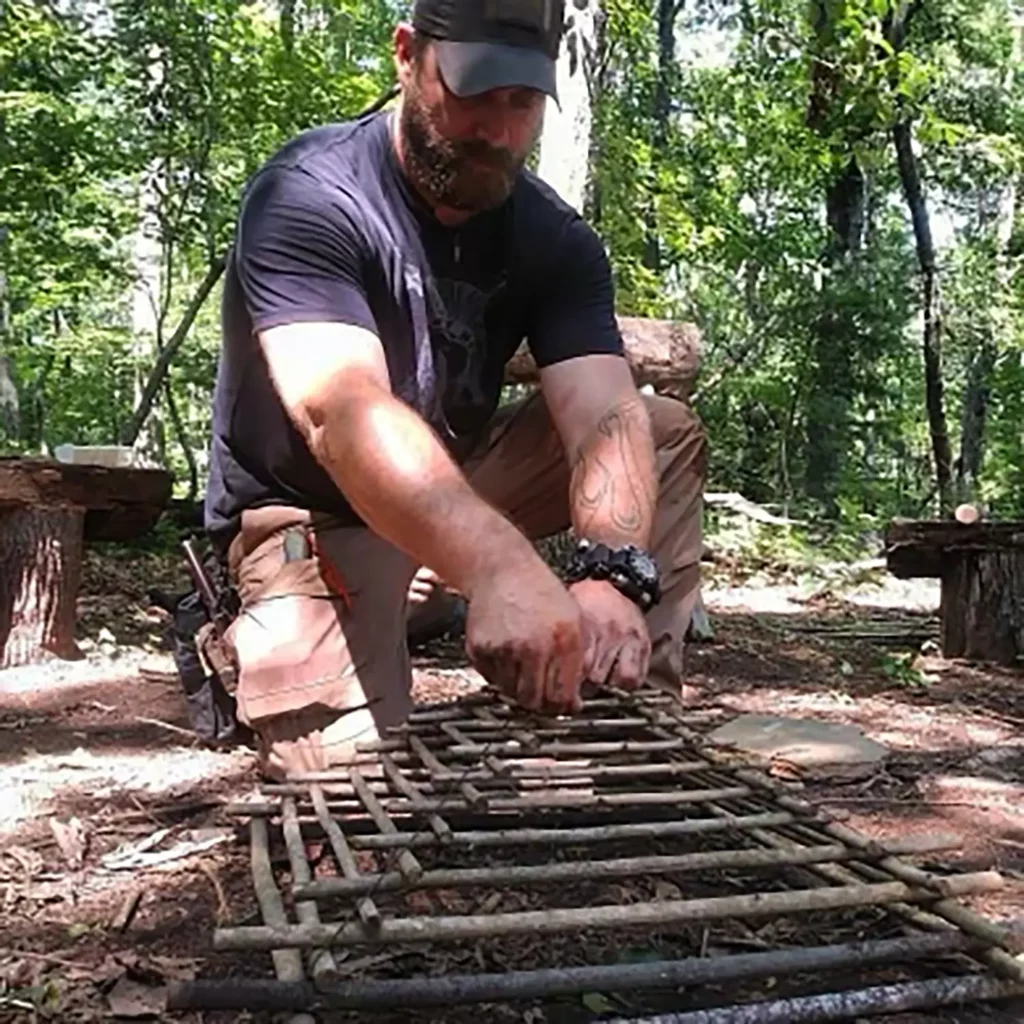
Can you describe a transformational experience that one of your students went through as a result of your courses?
I can only speak for myself. Seeing people empowered through the classes is transformational experience in and of itself.
How does Fuel the Fires engage with the broader community to promote safety and preparedness?
Because of technology, people can communicate better than ever in history. Social media allows for broader and more frequent communication with a larger community. Top this with in person classes and events and you have an incredible opportunity to promote safety and preparedness on a magnificent scale never before seen in our past.
How has leading Fuel the Fires influenced your personal development and views on leadership?
Leadership in FUEL the FIRES has been extremely influential in my personal development and views on leadership itself. I strongly believe in servant leadership. One must clearly communicate and provide the necessary support to achieve the group’s goals. This means one must serve the unit as a whole. Rather than say, “Go!” I believe in saying, “Let’s go!” I am of the opinion there are no experts out here- only students.
A good leader knows when to lead and when to follow and a good plan today is better than a perfect plan tomorrow. Being assertive while being flexible and adaptable is key. The greatest lesson I have learned is leaders make leaders and I will stand by that until the day I die. The greatest legacy you can leave is a continuation of the mission led by the people you’ve empowered to do so…
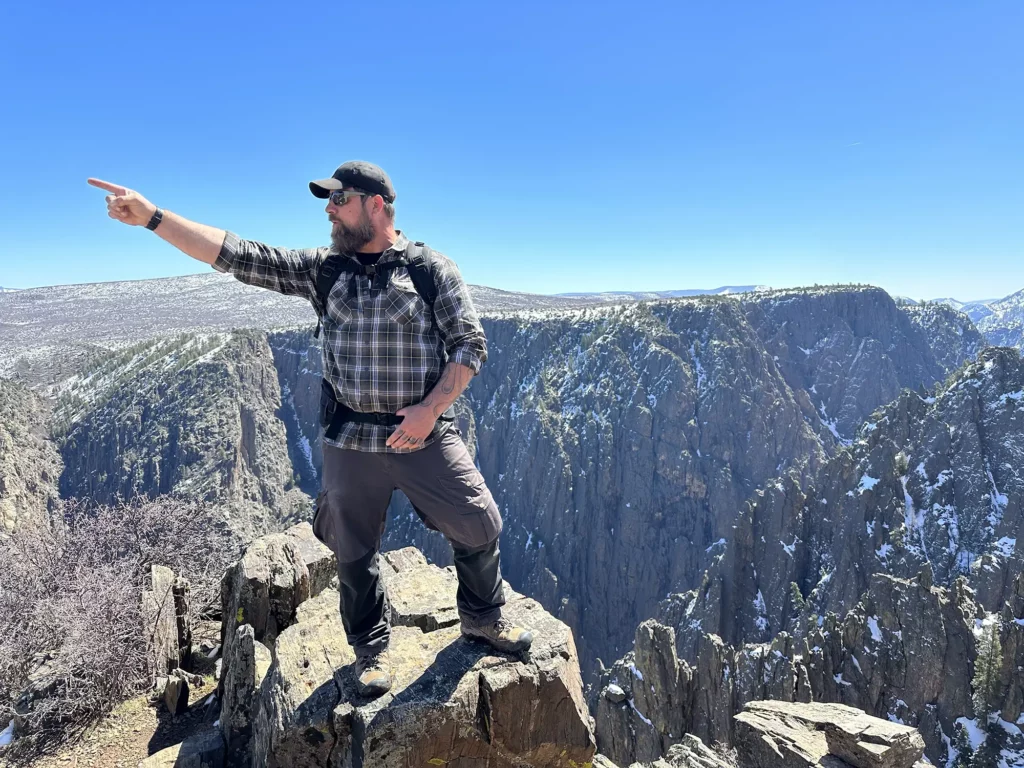
How do you incorporate feedback from students and instructors to improve the courses?
The most important factor, in the mission, is the people. Their feedback is critical to success. Every time we teach, we have a debrief with the attendees AND instructors. The purpose of which is to serve as a tool for growth. We formulate a foundation and continue to fortify the house. Real growth involves looking in the mirror and making changes. One cannot expect to grow without changing yourself. Be the change you want to see.
What kind of legacy do you hope to leave with Fuel the Fires, and what impact do you see it having in the future?
The legacy I hope to leave behind is the memory of FUEL the FIRES I leave behind with others. My hope is that it’s impact remains long after I am gone. Our fire logo is a symbol of energy which is helpful when controlled but extremely volatile when left unattended. It is renowned around the world as a symbol of wisdom and knowledge. As we know, a symbol is more powerful than any one person could ever hope to be. Just look at history. The decisions we make today, echo in eternity and if just one person continues to FUEL the FIRES, we have made the world a better place.
Are there new training methods or technologies you are excited to integrate into your courses?
Our greatest strength as humans is to adapt. Technology changes and so do we. Integrating new training methods and technologies into our courses is imperative. I must confess, in good faith I jumped off the Mayflower without a life vest when it comes to technology. Thankfully I have manned the ship with people that have the tools to rescue me! I think people fear that which they don’t understand and A.I. (I believe) is at the top of the list currently.
Couple that with new softwares and hardwares and you have every tool one could ever hope for to assist in the mission. In technical rope rescue, I have a speech I give to those brave enough to grip the edge of a rappel for the first time. The courage you seek is down at the bottom. You have to take the first step to get there. Trust your training and take a leap of faith. Your reward awaits you. Embrace the suck. Mind over matter. You can do this. I look at technology and new training methods in the exact same way.
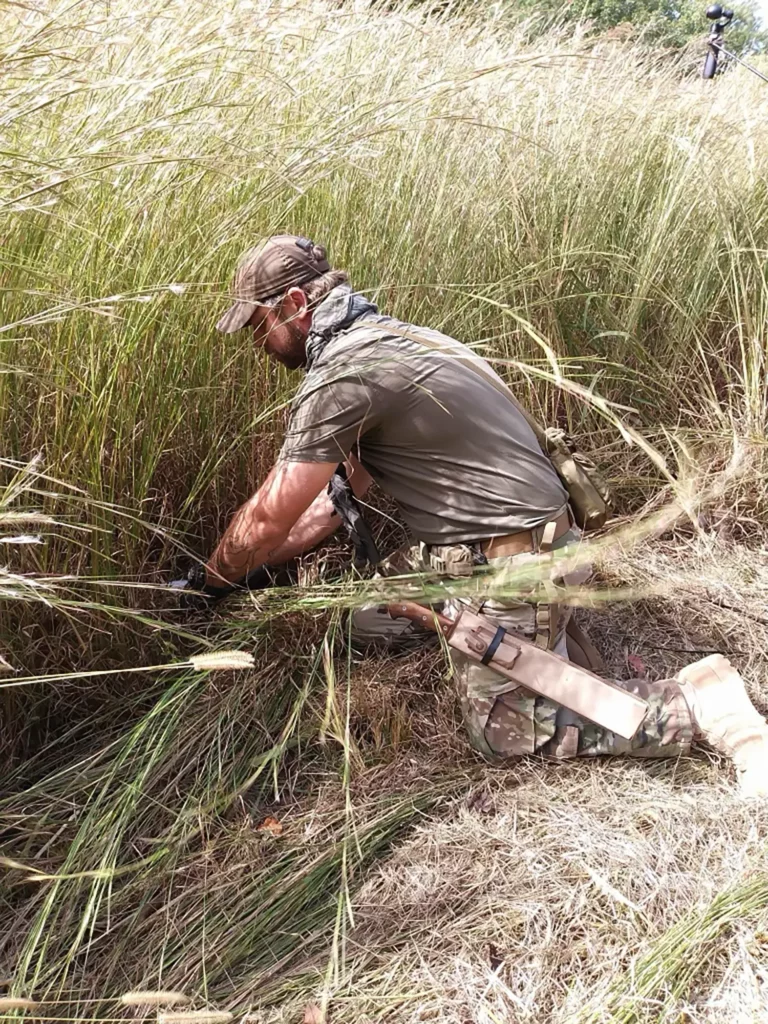
What advice would you give to someone looking to start their own training organization or initiative in this field?
To start your own training organization or initiative in this field, one must first believe they can. Next they have to literally feel that they have already succeeded. You don’t have to have it all figured out to start. You will never begin if you try. God opens doors and you just have to walk through them. Surround yourself with people that are better than you.
Keep an open mind and always be flexible and adaptable. Learn from your mistakes and continue your education. Be situationally aware but stand firm in your belief of the mission. Take advantage of the tools and resources at your disposal. Always look, listen and learn, but be assertive when it matters most.
Be the last person to speak in the room. If you want to see change, be the change you want to see. Take note of what the leaders in your field are doing and always give credit due where it’s due. Understand nothing in life is free and pay your dues. Learn to accept help when you need it. Find motivation when none is around and don’t forget to take time for yourself.
An emergency on someone else’s part does not constitute one on your’s. In survival, the number one rule is don’t die- don’t ever let your dream die. Find the time, find the way, but don’t forget to live the journey itself. Don’t just survive- thrive!

What projects do you have coming up in the future that you’re excited about?
Future projects are always exciting! We look forward to hosting our first ‘Silverwolves’ event with Blackie Thomas this Fall in the mountains of North Georgia. We are also looking forward to events like Georgia Bushcraft and our upcoming ‘Exhibitor Booth’ which will showcase industry talent, companies and products we support. In the not too distant future, we are also looking for a community outreach project to develop and support. Finally, we are looking to extend our reach with online classes and social media.
Closing Thoughts
JJ Morris’s journey and vision for Fuel the Fires highlight the importance of preparedness and community resilience. His extensive Search and Rescue background shapes the comprehensive training programs at Fuel the Fires. JJ’s commitment to readiness and mutual support is evident in every aspect of the initiative.
Fuel the Fires stands as a beacon for building resilience and fostering unity, driven by JJ’s principles of humility, ethics, and mutual support. As the organization grows, JJ remains excited about integrating new training methods and technologies, ensuring that his legacy of empowering others continues to inspire and strengthen communities. We are excited to have him on board as a contributor and look forward to seeing more courses come from Fuel the Fires!
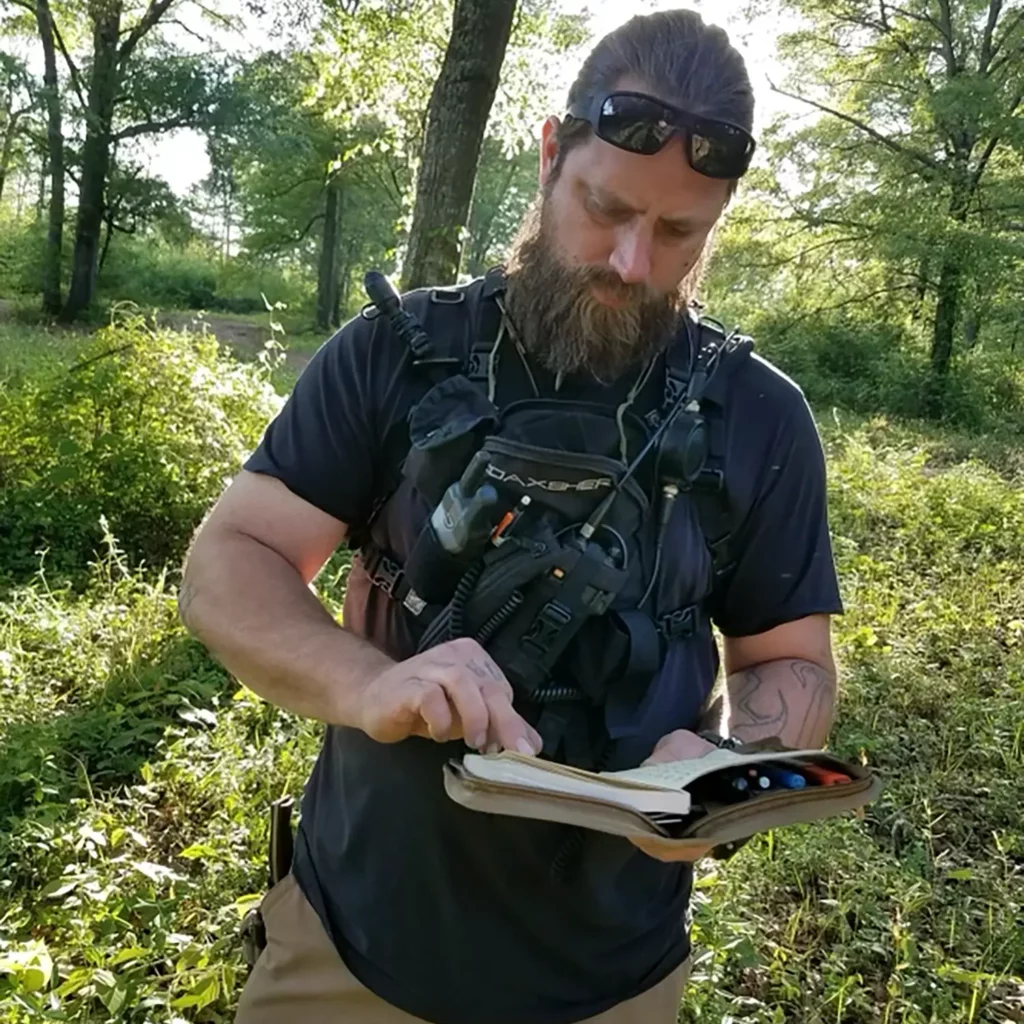
Want to learn directly from JJ Morris? Check out his debut discussion which serves as a great introduction to the concept of Everyday Carry (aka EDC).
Before You Go!
Enhance your survival and self-reliance skills before attending an in-person course:
- Online Survival Courses: Dive into a range of topics with our comprehensive online courses.
- In-Person Training and Gear: Explore survival and self-reliance training companies, and stores that sell great gear.
- Gear Store: Gear up with the latest equipment from our ever-growing selection.

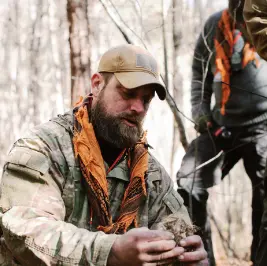
Leave a Comment